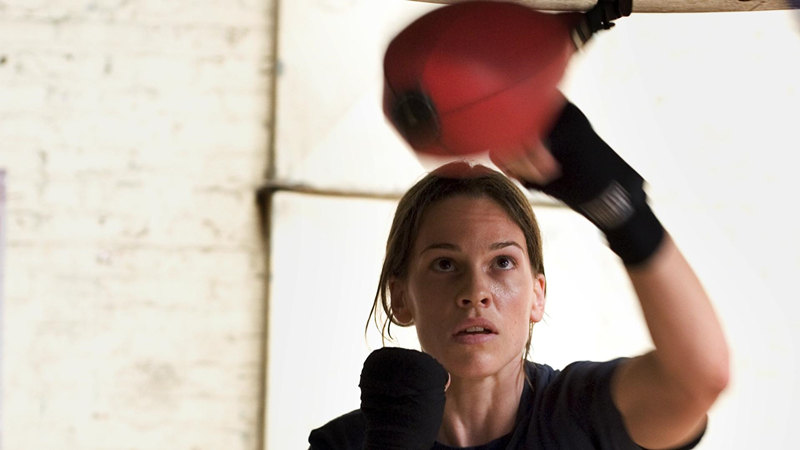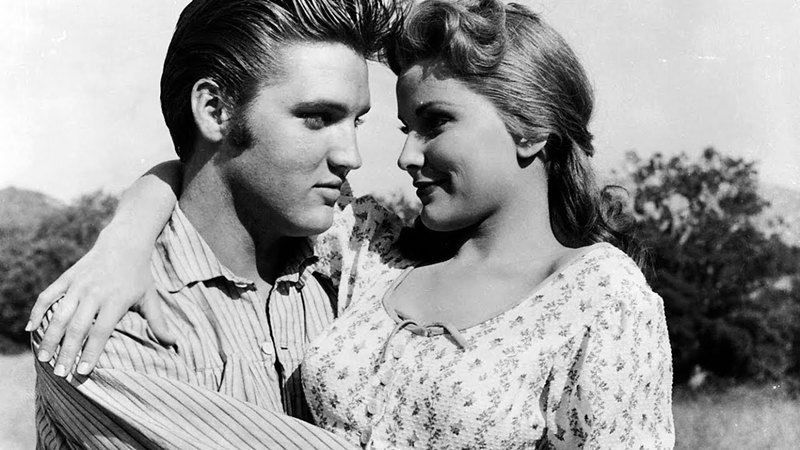Abbas Kiarostami’s Tuscan sun-dappled enigma is the cinematic gift that is going to keep on giving for decades.
When the renowned Iranian director announced plans to shoot his first film outside of his home country (A French-Italian production shot in Italy), fans weren’t sure what to expect, and they sure as heck couldn’t have expected this hedgemaze romance. In just the two years since it bowed at Cannes, “Certified Copy” (2010) has invited an array of competing interpretations that make it seem like a latter day “Last Year at Marienbad.”
It starts off far more mundanely than Resnais’ pretzel-knotted head-scratcher. British author James Miller (played by opera baritone and first-time actor William Shimell) greets an Italian audience that has gathered for a lecture about his new book “Certified Copy,” which, as we learn briefly, argues that copies of artworks have an inherent value of their own, perhaps on par with the original. We don’t learn much about James’ thesis because the camera focuses on a bit of business in the audience as a mother (Juliette Binoche, whose character is never named in the film) passes a scribbled note to another man before following her fidgety teenage son out of the auditorium.
The note was apparently an invitation, and James drops by to visit the woman at her antique shop. He’s a bit uncomfortable in the tight dark quarters, so she agrees to drive him to a nearby village for some sightseeing before he has to catch his train in the evening. With such a simple setup, you cannot begin to guess what’s coming. But let’s stay in the moment for now.
She initially seems a bit star-struck to meet James (“I can’t believe you’re in my car”) but when he begins to spout simplistic aphorisms, she is not shy about calling him to task, even expressing outright contempt at times. She alternates between acting as a pleasant tour guide and a fiery sparring partner as she takes him first to a small museum (where they get to argue over the value of copies again), through a Church that newlyweds visit for luck, and to a restaurant where something extraordinary happens.
When James goes outside to take a cellphone call, the older woman who owns the restaurant strikes up a conversation with Binoche’s character, assuming James is her husband. Binoche indulges the woman, allowing her the satisfaction of dispensing the wisdom of a battle-scarred marital veteran, and when James gets back, she continues the pretense. Bizarrely, James plays along without question, and they spend the second half of the film acting like a couple that has been married for fifteen years who may or may not be on the verge of breaking up. Old wounds flare up, bitter arguments boil over (he works too much, she is too critical), and they try to patch things up while revisiting their old honeymoon spots.
Kiarostami has always loved seemingly unmotivated digressions – a passing detail in one scene can quickly become the focus of the narrative, completely blunting what we previously thought was the main action – but with “Certified Copy” he has taken his discursive opacity to a whole new level. Are she and James just one-upping each other in a coy role-playing exercise? Are we watching two different films that only provide the illusion of a cohesive whole? Is there perhaps a shot in that restaurant that leaps across a fifteen year chasm like 2001’s bone morphing into a spaceship? Is the script a living testament to the way that characters sometimes take control of stories, and shepherd them in directions the writer never imagined when first staring at that blank page?
You could argue for any position, and more, and that’s part of the enojymeny of this film, but don’t let your inner interpreter cause you to overlook the more tangible pleasures the film offers, chief among them the performances. The non-professional Shimell is magnificently stiff-necked with a booming voice and natural presence that would completely command the camera’s attention if not for the competition of his extraordinary co-star.
Binoche shifts emotions as effortlessly as she shifts from English to French to Italian. Though she is mercurial, she is never arbitrary, never another tired construct of the inscrutable woman. She is confident, petulant, curious, vulnerable, seductive, and infuriating; in short, in this unnamed role, she is one of the most dynamic and vibrant women I have ever seen in a film. At times filmed head-on, looking just ever-so-slightly to the side of the lens, she is framed as if she is constantly auditioning, whether for James or for the director or for the audience or even for himself is unclear. She is constantly reinventing herself, invested fully in each moment, and it’s no wonder she won Best Actress at Cannes. Even less wonder that the Academy couldn’t be bothered to give her the time of day.
As you might expect, the film ends on an ambiguous note, but I don’t think anyone will feel cheated by a director perceived as coy. Kiarostami is playing games – he’s been playing games for four decades now – but this game is so elegantly and intricately staged it’s just fine if we only learn a few of the rules as we go. It’s more than satisfying enough simply to watch these grandmaster players duel across the board even if we can’t quite figure out their mutual strategies. As Kiarostami says in an interview on the disc, love requires a degree of misunderstanding, room for us to project ourselves onto our mysterious object of desire. If that’s true, the love affair with “Certified Copy” could last a lifetime.
Video:
The film is presented in its original 1.85:1 aspect ratio. The film was shot in 4K digital on a RED camera so Criterion didn’t have too much of a challenge with this transfer from a digital interpositive. However, the result is quite striking. We’re obviously not really seeing 4K detail, but at times the level of detail is so rich it almost feels like it. The color palette is gorgeous (Binoche’s lipstick is positively ripe) and contrast levels are sharp throughout. This is just beautiful.
Audio:
The DTS-HD Master Audio 5.1 soundtrack is dialogue heavy, but the ambient sounds of the Tuscan village and its indoor and outdoor spaces are subtly and evocatively captured here, making for an immersive audio experience in a film which requires full immersion. Optional English subtitles are provided; you can choose subtitles only for the non-English dialogue (the film is in French, English and Italian) or full subtitles.
Extras:
This gets a “10” for Extras simply for the inclusion of Kiorasatami’s second feature, “The Report” (1977). This pre-revolution film has been difficult to find and, according to Criterion, exists only on video as the camera negative was apparently destroyed in the revolution. The film concerns a couple’s collapsing marriage and bears some obvious similarities to “Certified Copy.” Along with the inclusion of “The Traveler” (1974) on Criterion’s release of “Close-Up,” we now have both of Kiarostami’s pre-revolution features available in North American region releases. I don’t think “The Report” is one of his better films, but it’s still invaluable to have it for home viewing, even with this necessarily poor video transfer.
Criterion has also included a fine 52-minute on-set documentary called “Let’s See ‘Certified Copy.’” This features lengthy interviews with Kiarostami, Binoche and cinematographer Luca Bigazzi. There’s some fascinating info on the working relationship between Kiarostami and Bigazzi, as well as Kiarostami and Binoche (who have been friends for some time). We also learn why we never see a full shot of a statue that plays a major role in one of the film’s pivotal scenes. This was very enjoyable.
We also get a 16-minute interview with Kiarostami who seems to favor one interpretation of this film, but he has always been a master of the misleading interview.
The 20-page insert booklet includes an essay by critic and filmmaker Godfrey Cheshire.
Film Value:
“Certified Copy” begs to be viewed and re-viewed, and not just to figure out the “solution” because that’s a sure way to sap its charms. I was impressed on a first viewing, but absolutely floored when I watched this Blu-ray. I plan to revisit it again in short order. Getting Kiarostami’s “The Report” is a big fat cherry on top of this sundae. Great transfer, great extras, great movie. Time will tell, but I expect “Certified Copy” will only gain in stature with each passing year.


